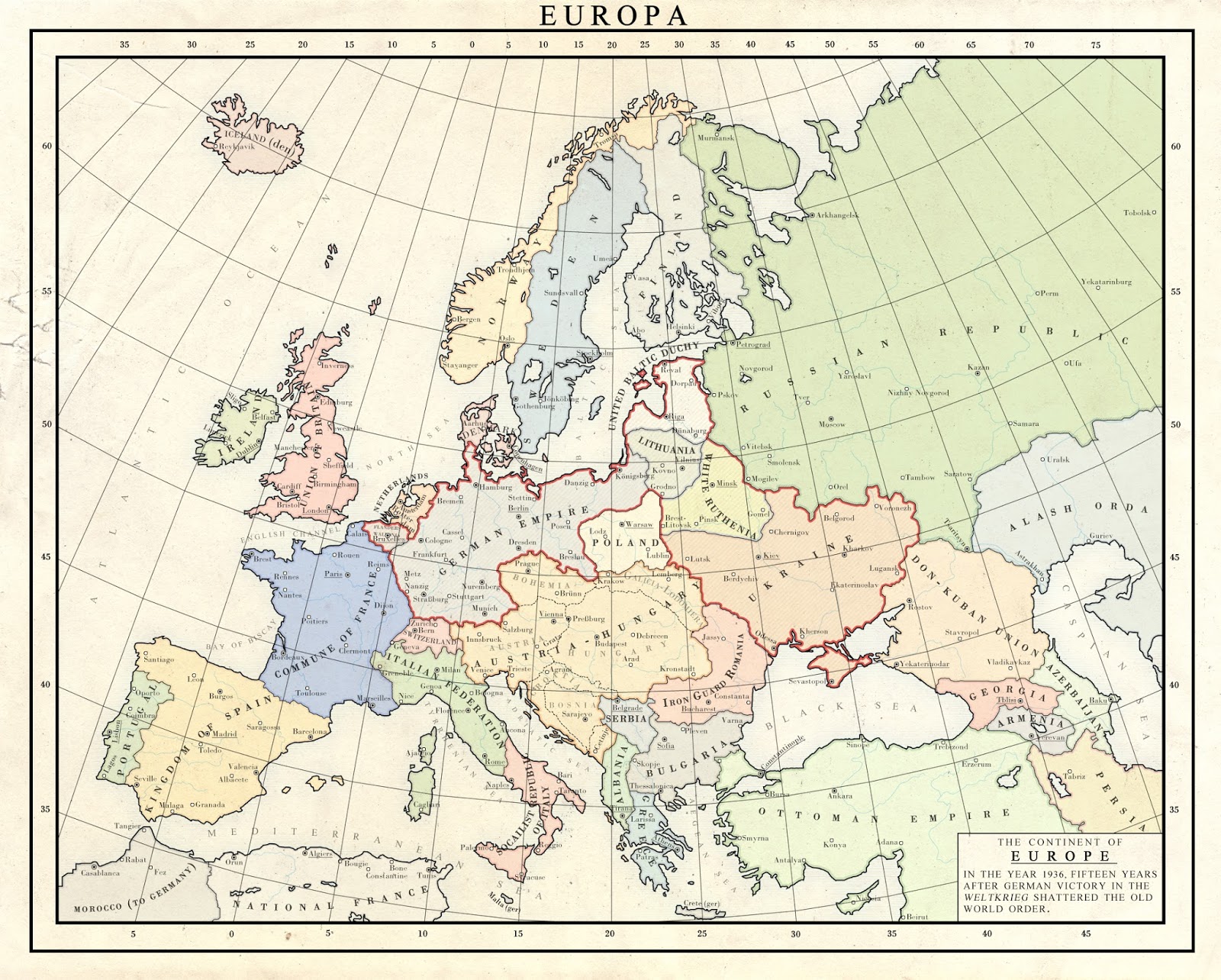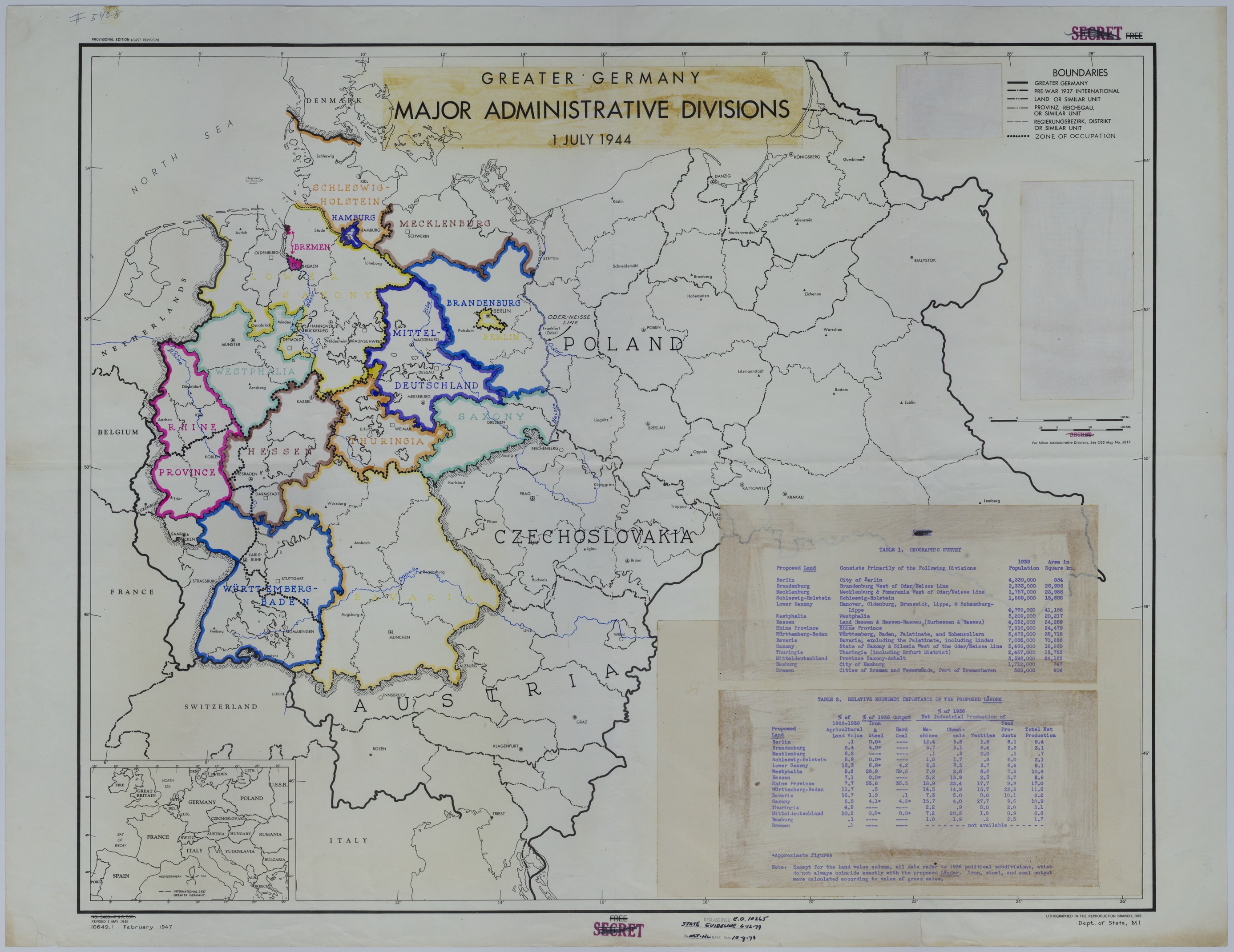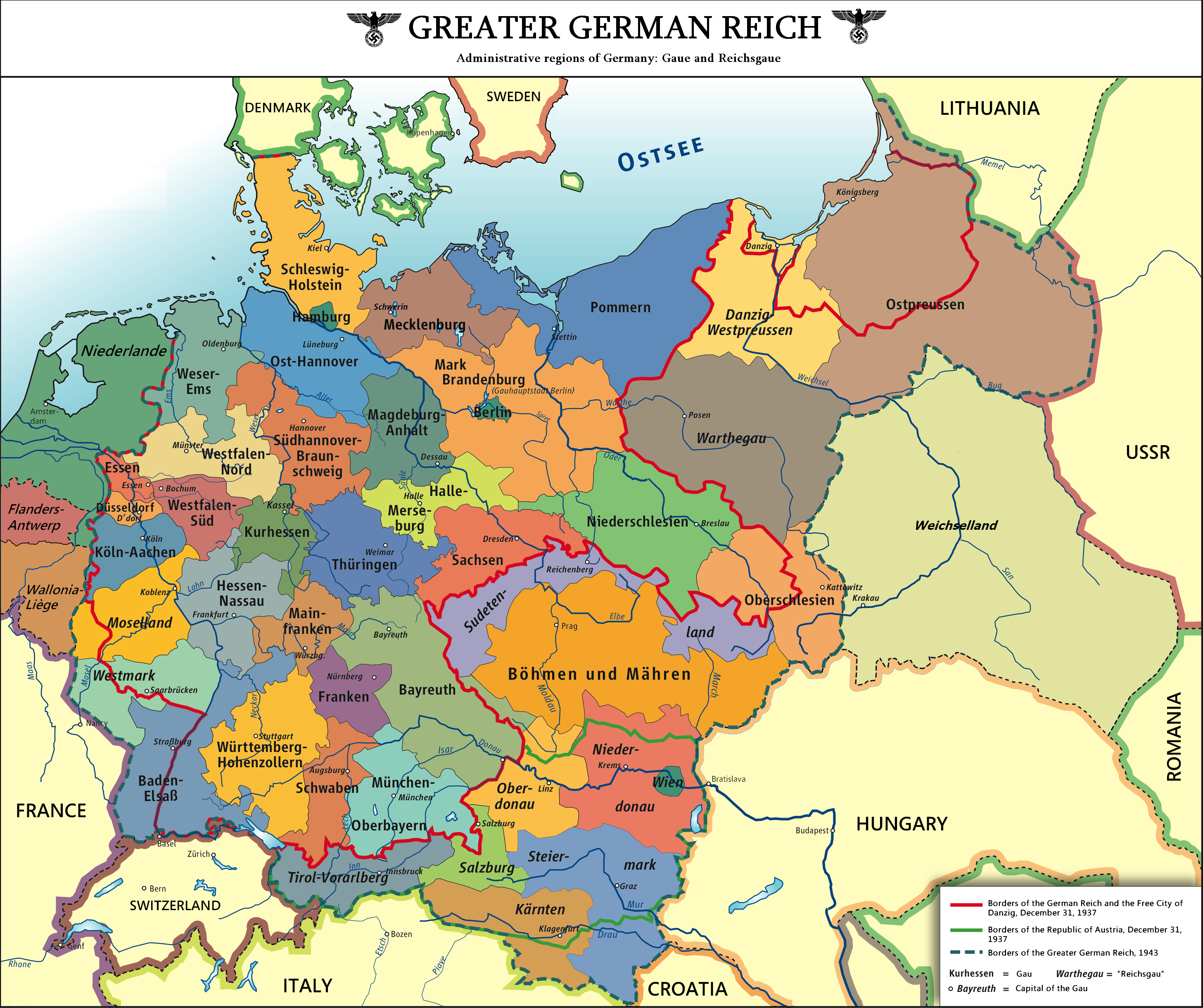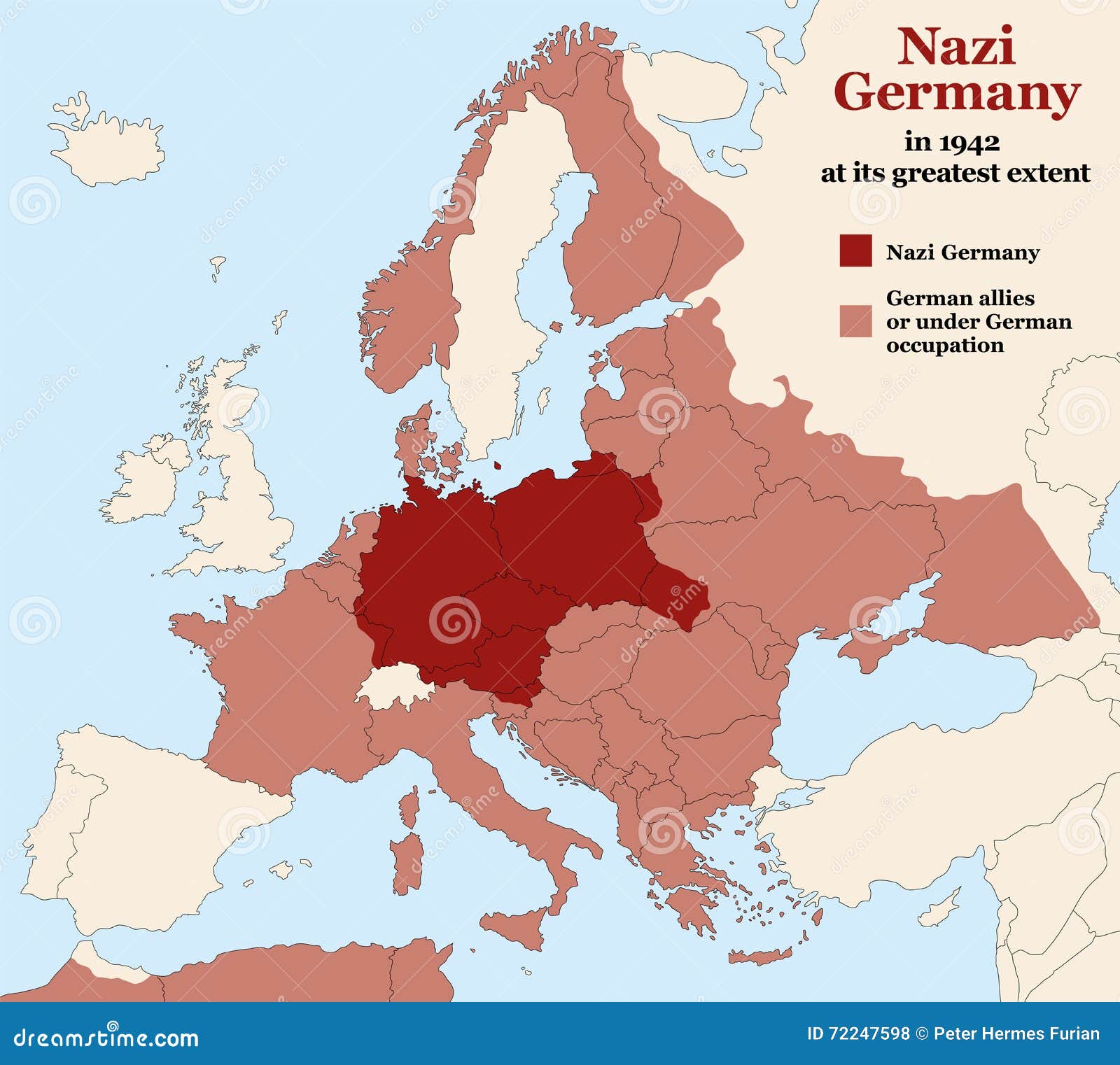The Concept of "Greater Germany": A Historical and Geographical Examination
Related Articles: The Concept of "Greater Germany": A Historical and Geographical Examination
Introduction
With great pleasure, we will explore the intriguing topic related to The Concept of "Greater Germany": A Historical and Geographical Examination. Let’s weave interesting information and offer fresh perspectives to the readers.
Table of Content
The Concept of "Greater Germany": A Historical and Geographical Examination

The term "Greater Germany" refers to a hypothetical territorial expansion of Germany beyond its current borders. While never formally established, the idea has been a recurring theme in German history, fueled by a combination of nationalist sentiment, economic aspirations, and geopolitical ambitions. Understanding the concept of Greater Germany requires delving into its historical context, exploring the motivations behind its proponents, and analyzing its potential implications.
Historical Context:
The notion of a "Greater Germany" emerged in the 19th century, driven by the rise of German nationalism and the desire for national unification. The fragmented German states, united by language and cultural heritage, sought to consolidate their power and establish a unified nation-state. This aspiration found its expression in the concept of "Großdeutschland" (Greater Germany), which envisioned incorporating territories inhabited by German-speaking populations beyond the existing borders of the German Confederation.
Motivations and Ideologies:
The proponents of Greater Germany were driven by a range of motivations, including:
- Nationalism: The desire to unite all German-speaking people under one flag and create a powerful nation-state.
- Economic Expansion: The pursuit of greater economic resources and markets, particularly in resource-rich territories like Austria and Bohemia.
- Strategic Considerations: The desire to secure strategic borders, expand German influence, and establish a dominant position in Central Europe.
These motivations were often intertwined with ideologies such as Pan-Germanism, which advocated for the unification of all German-speaking peoples, regardless of their political affiliations.
Territorial Claims and Aspirations:
The concept of Greater Germany encompassed various territorial claims, which varied depending on the historical context and the specific proponents. Some key areas of contention included:
- Austria: The incorporation of Austria, a predominantly German-speaking nation, was a central goal for many proponents of Greater Germany.
- Sudetenland: This region in Czechoslovakia, with a significant German-speaking population, was targeted for annexation by Nazi Germany in the 1930s.
- Alsace-Lorraine: This region, lost to France after the Franco-Prussian War, was a subject of ongoing territorial disputes and a source of nationalist resentment.
- Memel Territory: This region in Lithuania, with a German-speaking minority, was annexed by Germany in 1939.
- Poland: While not explicitly included in all iterations of Greater Germany, Polish territories were often seen as strategically valuable and subject to German expansionist ambitions.
The Impact of Greater Germany:
The concept of Greater Germany, while never fully realized, had a profound impact on European history. Its pursuit fueled political tensions, contributed to the rise of nationalism, and ultimately played a role in the outbreak of World War I and World War II. The aggressive expansionist policies of Nazi Germany, fueled by the ideology of Greater Germany, resulted in widespread devastation and the deaths of millions.
The Legacy of Greater Germany:
The concept of Greater Germany remains a controversial topic, evoking strong emotions and historical sensitivities. Its legacy continues to be debated, with some viewing it as a symbol of German nationalism and imperial ambitions, while others recognize the complex historical context that shaped its development.
FAQs about Greater Germany:
Q: What is the difference between "Großdeutschland" and "Kleindeutschland"?
A: "Großdeutschland" (Greater Germany) refers to a unified German state encompassing all German-speaking territories, including Austria. "Kleindeutschland" (Lesser Germany) refers to a unified German state excluding Austria, which was established in 1871.
Q: Did Greater Germany ever exist as a political entity?
A: While the term "Greater Germany" was used to describe various territorial ambitions, it was never formally established as a political entity. The closest it came was during the Nazi regime, which annexed several territories, including Austria and the Sudetenland, but these annexations were ultimately reversed after World War II.
Q: What are the arguments for and against the concept of Greater Germany?
A: Proponents of Greater Germany argue that it was a natural expression of German nationalism and a necessary step towards achieving national unity and economic prosperity. Opponents argue that it was an aggressive and expansionist ideology that fueled conflict and resulted in immense suffering.
Q: What are the long-term consequences of the concept of Greater Germany?
A: The concept of Greater Germany left a lasting legacy of mistrust and suspicion between Germany and its neighbors. It also contributed to the rise of nationalism and the instability that led to World War I and World War II.
Tips for Studying Greater Germany:
- Examine primary sources: Explore historical documents, speeches, and propaganda materials from the period to gain firsthand insights into the motivations and ideologies of the proponents of Greater Germany.
- Analyze maps: Study maps of Germany and its surrounding territories to understand the territorial claims and ambitions of Greater Germany.
- Consider different perspectives: Explore the viewpoints of various actors involved, including German nationalists, Austrian politicians, and representatives of other European nations.
- Connect with contemporary events: Draw parallels between the concept of Greater Germany and contemporary geopolitical issues, such as the rise of nationalism, territorial disputes, and the pursuit of economic dominance.
Conclusion:
The concept of Greater Germany is a complex and multifaceted historical phenomenon that continues to resonate in the present day. Understanding its historical context, motivations, and consequences is crucial for comprehending the dynamics of European history and the enduring challenges of nationalism, territorial disputes, and the pursuit of power. While the concept of Greater Germany was never fully realized, its legacy continues to shape the political landscape of Europe and serves as a reminder of the dangers of unchecked nationalism and expansionist ambitions.








Closure
Thus, we hope this article has provided valuable insights into The Concept of "Greater Germany": A Historical and Geographical Examination. We appreciate your attention to our article. See you in our next article!
